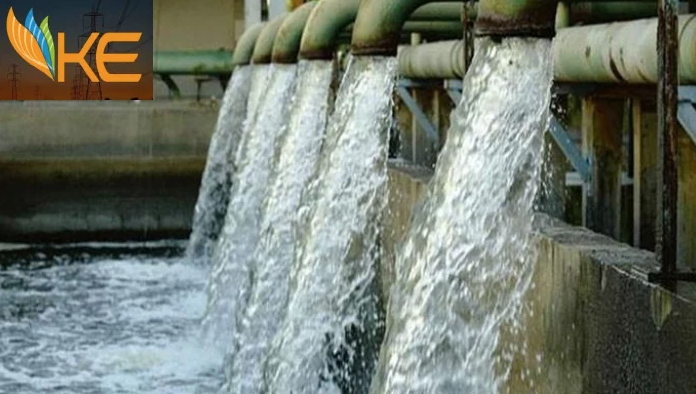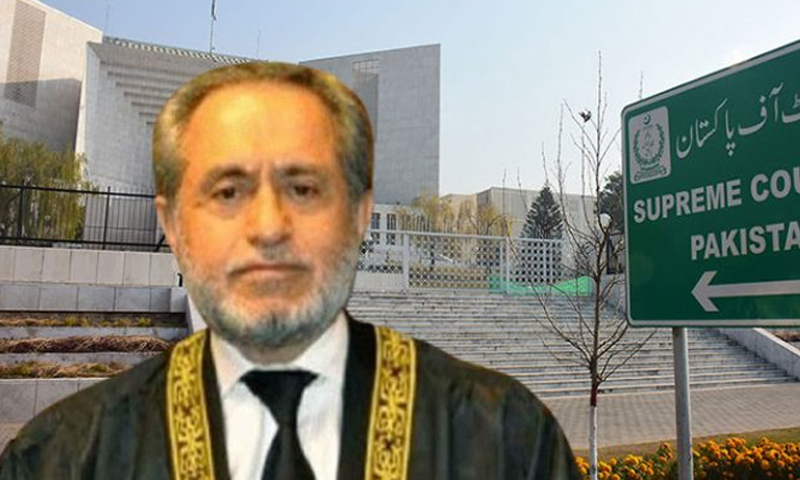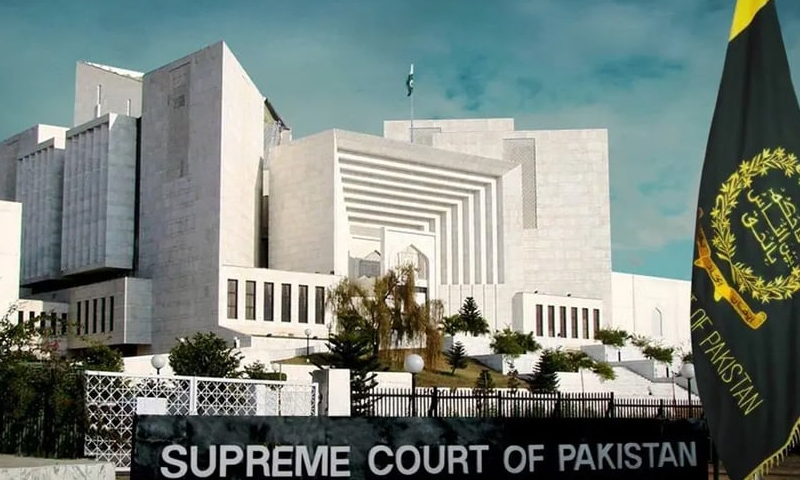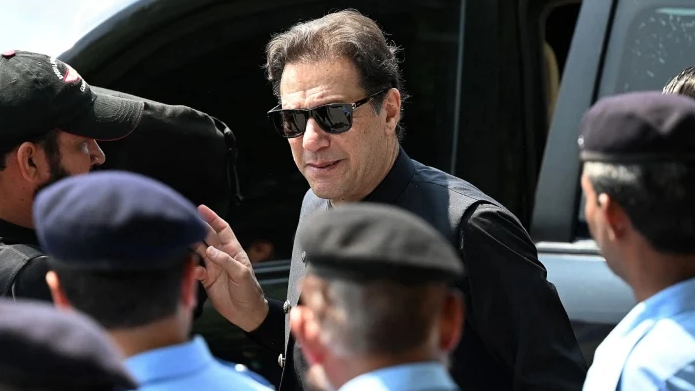LEGAL
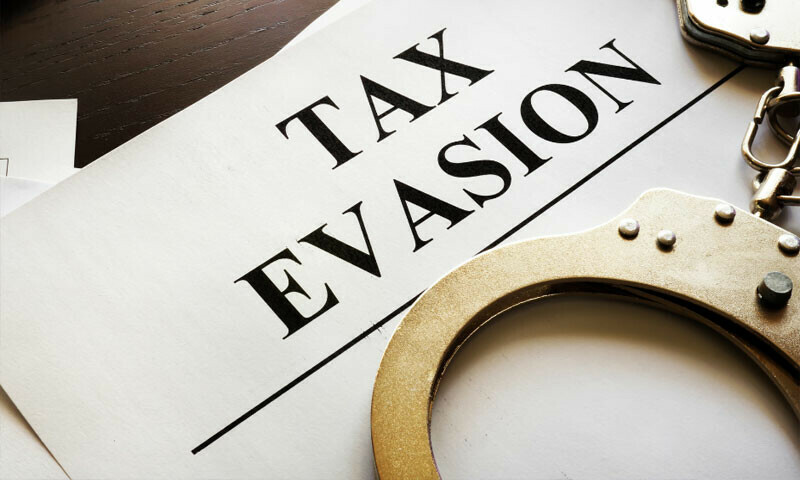
The Standing Committee on Finance of the National Assembly, chaired by Syed Naveed Qamar, held a crucial meeting to deliberate proposed changes in tax fraud laws under the Finance Bill 2025 and review the controversial proposal to impose an 18% sales tax on solar panels.
🔹 Reforms in Tax Fraud Law (Clause 37-A):
During the session, Chairman FBR briefed the committee on the major amendments proposed in Clause 37-A, which deals with tax fraud provisions.
· Following extensive discussions in the Senate Committee, a special committee led by Finance Minister Muhammad Aurangzeb—on the Prime Minister's directions—prepared a new draft of the law.
· The revised draft narrows the definition of tax fraud into two categories:
1. Individuals at clear risk of absconding.
2. Those involved in tampering records and have received three notices.
· Arrests will only be made with approval from a three-member committee of the FBR Board.
· Importantly, no arrest will be made for tax fraud involving amounts under Rs 50 million.
Chairman Syed Naveed Qamar directed that the new draft be formally presented before the committee for review and final input.
🔹 Solar Tax Proposal Rejected:
The meeting also addressed the highly debated proposal to impose an 18% sales tax on solar panels.
· The proposal was unanimously rejected by committee members.
· Syed Naveed Qamar reaffirmed the committee’s clear stance against taxing solar energy.
· Finance Minister Muhammad Aurangzeb assured the house that the proposal had been noted and would not move forward.
This aligns with the earlier Senate Standing Committee decision, which also rejected the tax, citing its impact on affordable energy access.
The committee emphasized that in a country already grappling with an energy crisis, solar energy must be promoted, not penalized.
